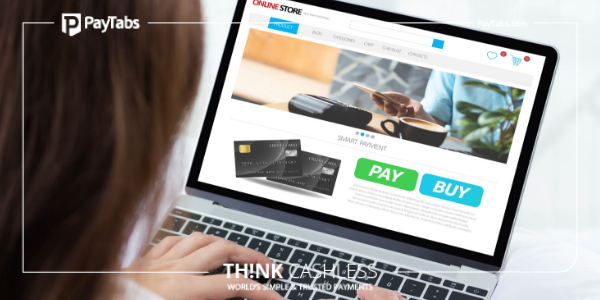Launch Your First eCommerce Website : Choosing the right payment partner (Part 3)
Posted on

In continuation with our series on the steps to launch your first e-commerce website, we shall discuss the finer aspects of deciding upon the best payments partner for your e-commerce business. Setting up a payments gateway for your e-commerce website can mean entering uncharted territory for many. However, there’s no denying the importance of selecting the right payment partner to accept online payments from customers and boost cash inflows. Just because its unfamiliar, it need not be intimidating! With the following tips, one can easily manage and win the online payments strategy:
- Well defined business goals: The payment processing is the final stage of the transaction. Having retained the customer within one’s website and after the shopping cart is loaded, it would be a death knell, if the customer had to leave the website and was directed to another page to complete the payment. This amounts to a high degree of revenue uncertainty as the frustrated customer might abandon the cart. One must have a well thought out strategy of managing the transactions from start to end and maximize sales conversions. With this is mind, it is best to opt for a secure payment solutions provider, smoothly integrated with the e-commerce portal, that would facilitate prompt payments with a few clicks and allow the customer to check out conveniently upon transaction completion.
- Money matters: Its best to opt for a payments company that is transparent and charges for the gateway services upfront. This way the merchant is not in for a shock later by way of hidden fees or variable fees based on the number of processed transactions. The most common pricing models are fee charged for each transaction, monthly or yearly usage, fees as a percent of transaction value, flat rate fees or bulk pricing. Often there may be hidden or additional fees like chargebacks, registration costs, set-up fees and renewal costs. One should also consider the other services offered by the payments company like multi-currency capabilities and support in case of failed transactions or errors while negotiating the fees structure. The payments gateway should ensure that the money is received by the merchant in minimum time, with no hassles for the customer.
- Secure solutions: It is an absolute must that the payments solutions comply with the highest security standards like PCI DSS framework. This would reassure the customer that his or her personal data and financial credentials are safeguarded, without the risk of confidentiality breach or data leakage. Security standards would offer fraud protection, which would enable the payment details to be processed via the secure payment gateway, rather than through a common server.
- Ease of integration into the portal: The payments solutions should be user friendly with a simple plug and use facility in a few clicks, rather than needing technical staff to set up and operate. Its important to select a payments gateway that has a smooth integration process with multiple features, to build a better connect with customers and win their trust.
- Support services: Running an e-commerce site is a 24*7 business. The payment processing towards a transaction can occur at any time and at any place. Thus, the support services of the payments company should be up and running, virtually at all times as a failed transaction or error needs to be addressed on an urgent basis. It would be a good idea to check the support medium of the payments gateway-whether email, call or live chat, with the last option indicating prompt problem resolution.
- Payment methods: Customers often prefer to do business with an e-commerce vendor that offers their preferred payment mode. While some may prefer credit cards, others may opt for debit cards or local wallets. Thus, it is important to select a payment processor that supports the popular payment methods as per local preferences.
- Omni channel platform: Its important to zero in on a payment gateway that can be hosted in the mobile e-commerce site and enable payments via the e-commerce mobile app. Irrespective of the device, whether smartphone, tablet, desktop or a laptop, the customers should be able to browse products and conveniently pay via the payments processor.
The right payment partner would enhance business value for the e-commerce merchant by facilitating simple, secure, prompt online payments 24*7 on the website. This would contribute towards increased sales conversions, better customer experience and speedy transaction completion. One must carefully study the features and the pricing before deciding upon the best payments gateway suited to one’s business needs. In our next article, we shall look at the final aspects of an online transaction post payment i.e. the product delivery and after sales customer services.
